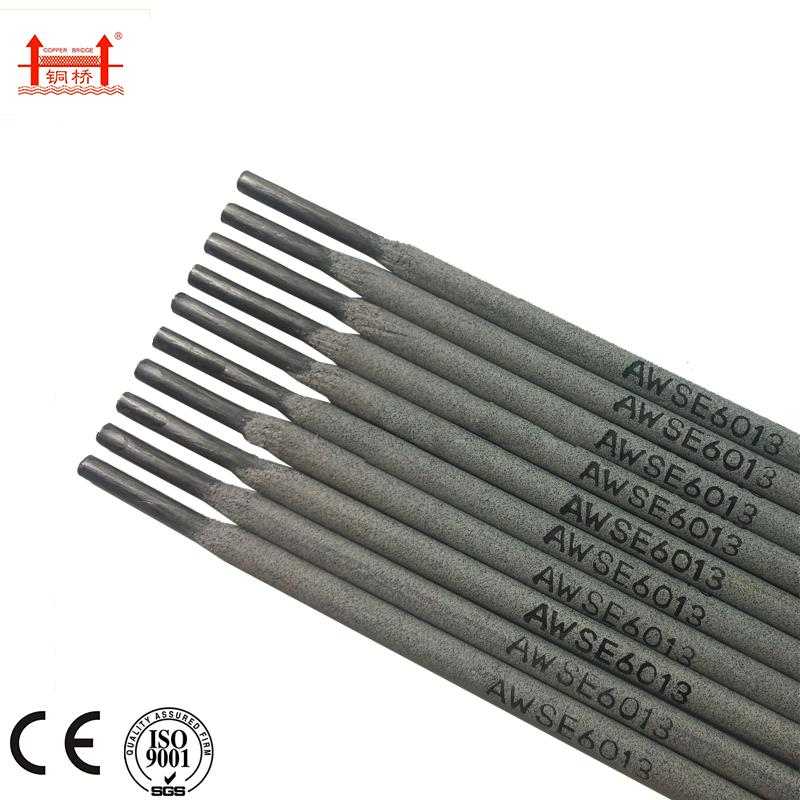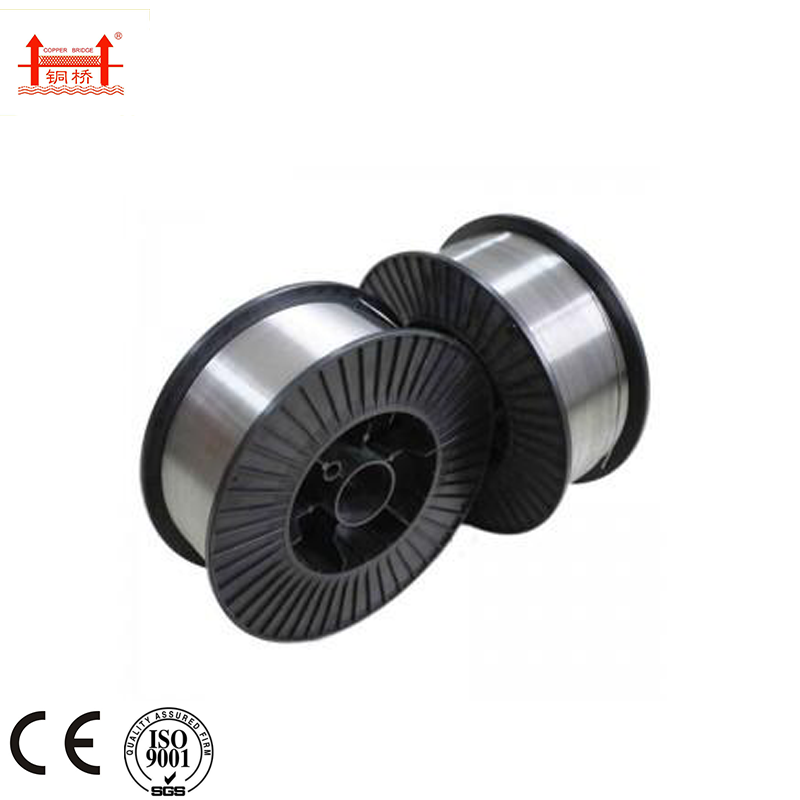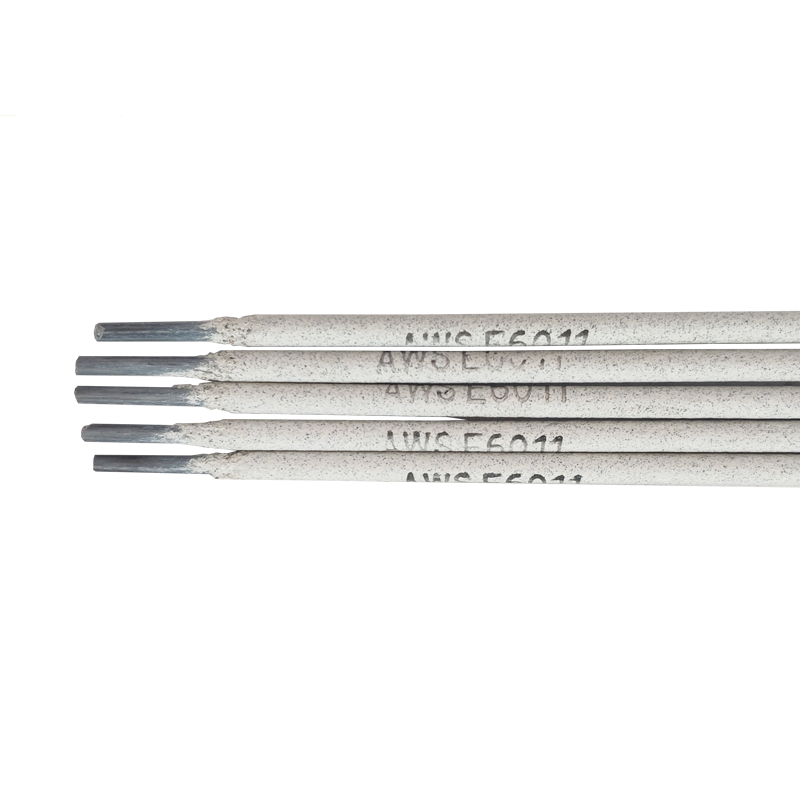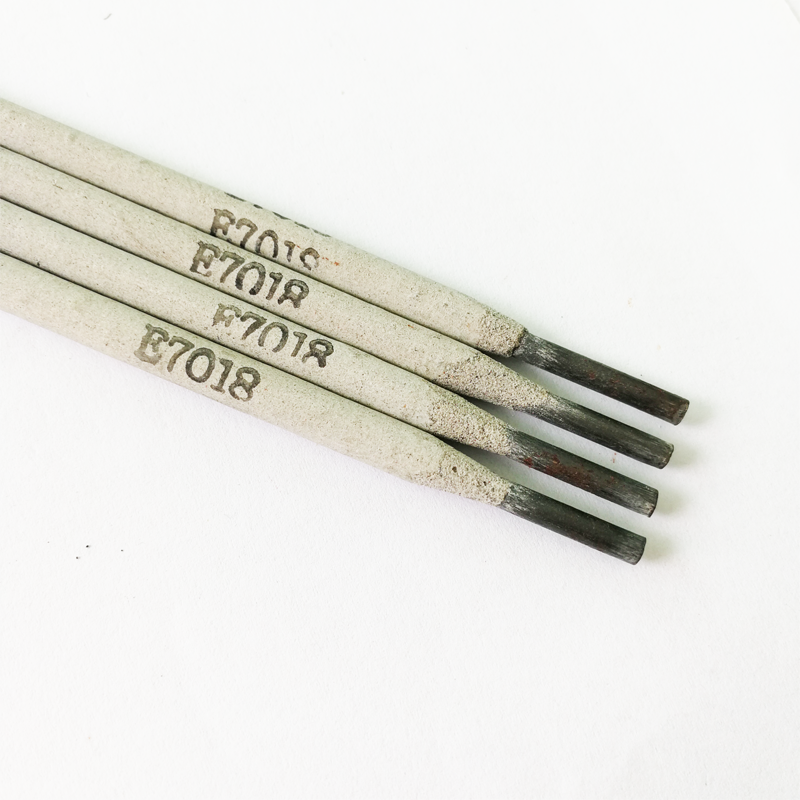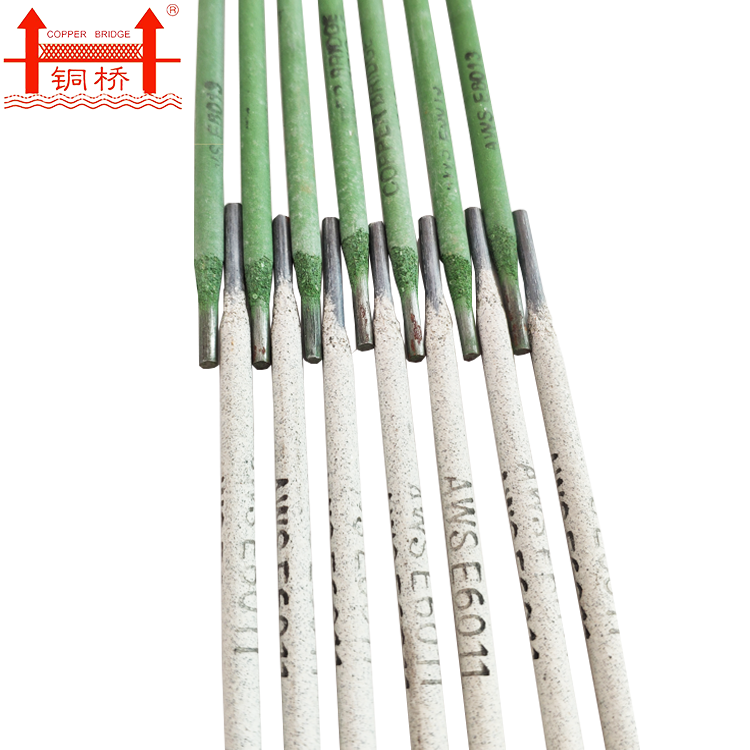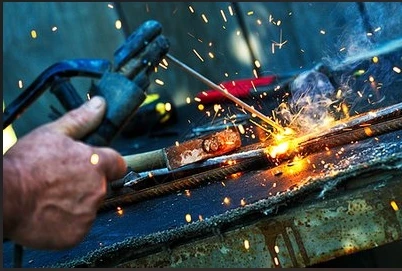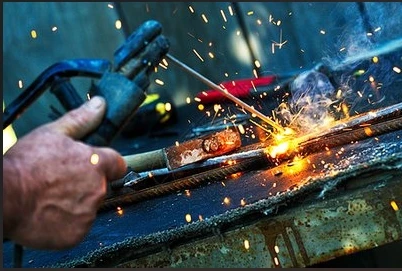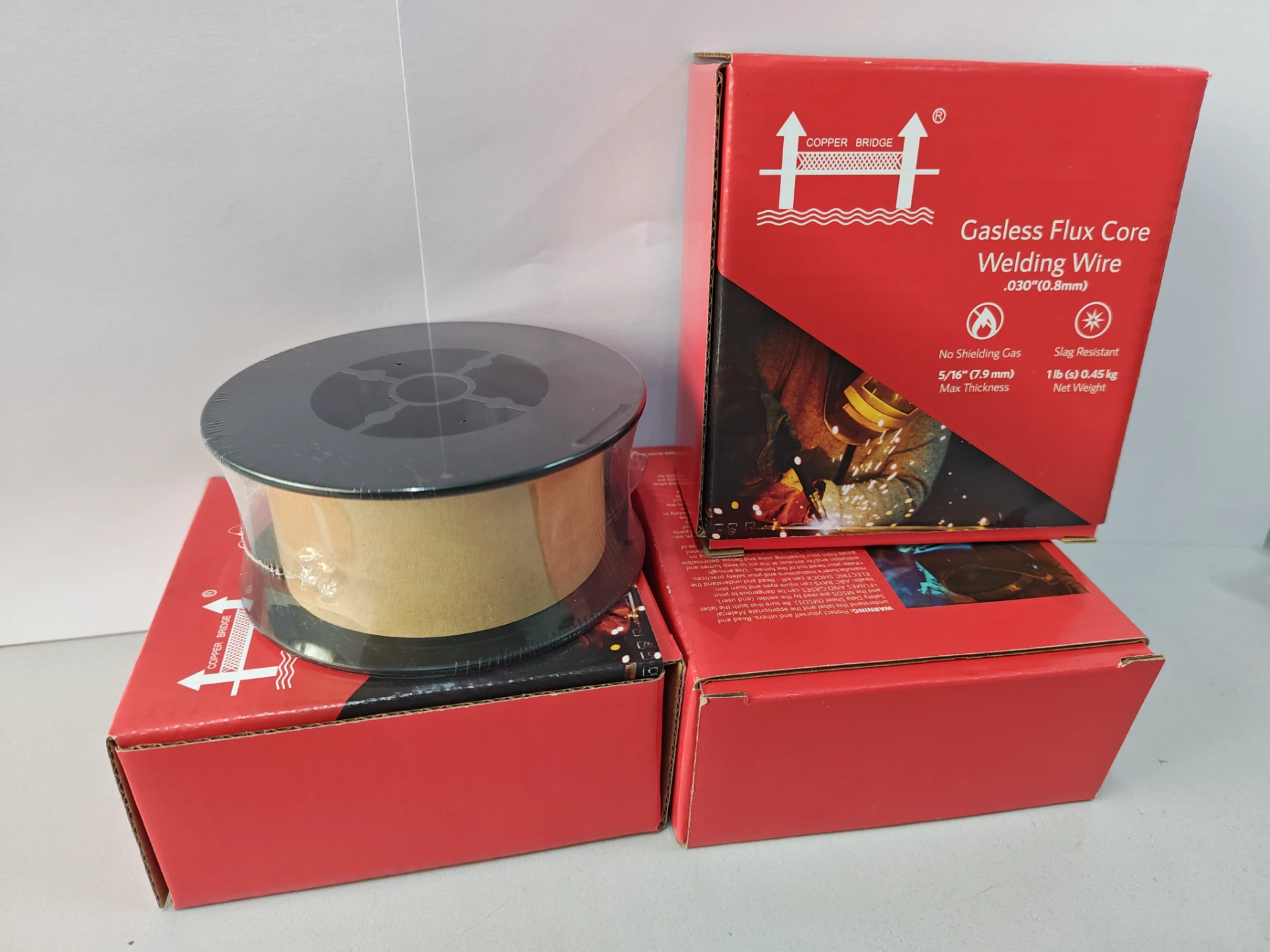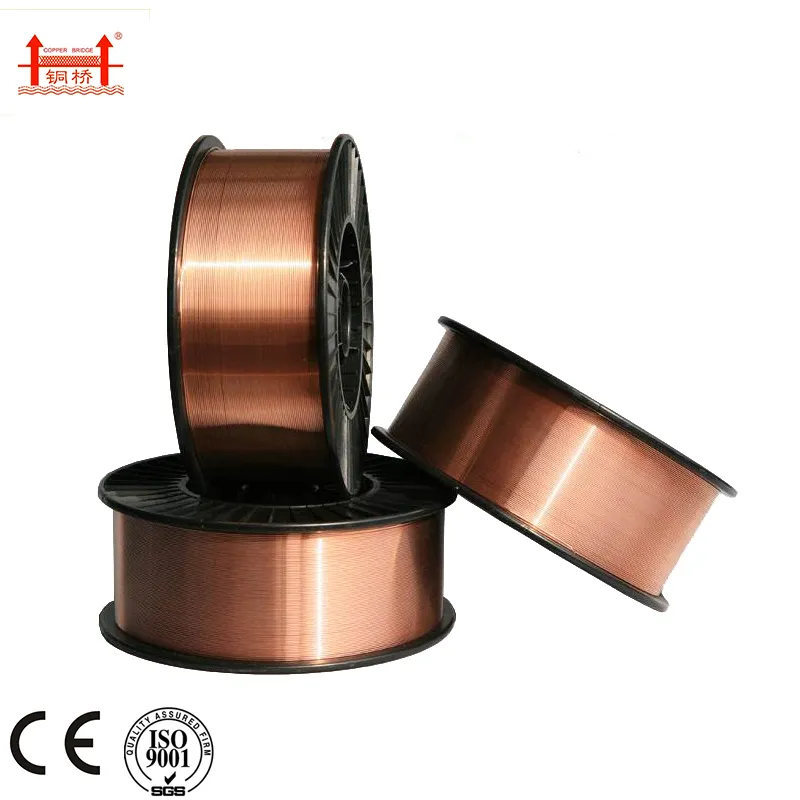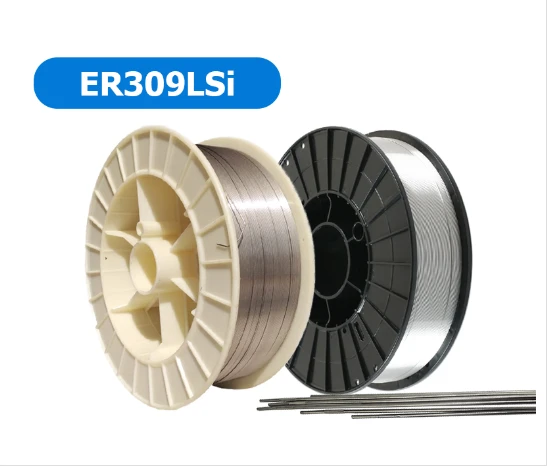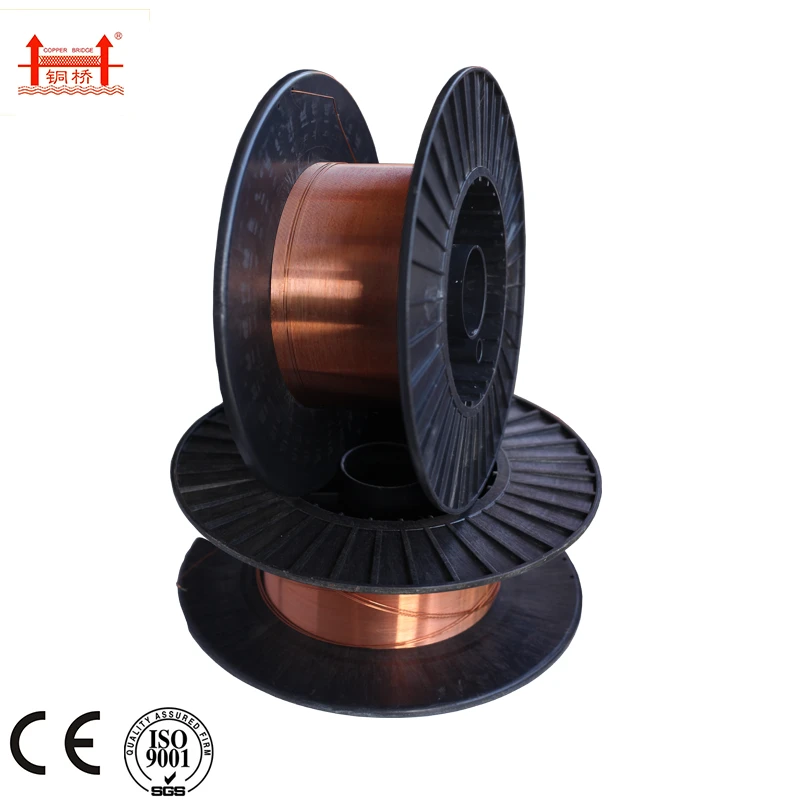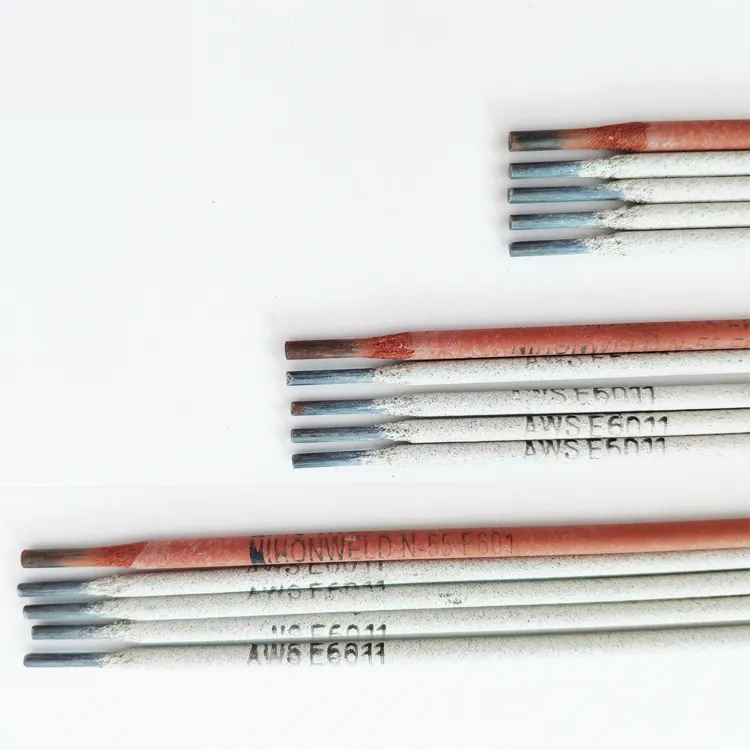DIN985 Nylon Lock Nut - Anti-Vibration Automotive Fasteners|Dingzhou Jinlong
Agosti . 13, 2025 03:25
Discover the DIN985 4.8/8.8 Grade Nylon Lock Nut, a premium fastening solution engineered for high-vibration environments. Designed with a nylon insert, this nut provides reliable anti-loosening performance without damaging the bolt. Ideal for aerospace, marine, and automotive applications, it combines durability with precision engineering. Learn more about its features, specifications, and the company behind this innovative product.
Working Principle of DIN985 Nylon Lock Nuts
The DIN985 nylon lock nut operates on a simple yet effective mechanism. A nylon insert is embedded at one end of the nut, creating a frictional force when the bolt passes through. This friction prevents the nut from loosening under vibration, ensuring a secure connection. Unlike traditional locking mechanisms, the nylon insert does not damage the bolt’s threads, making it a preferred choice for critical applications.
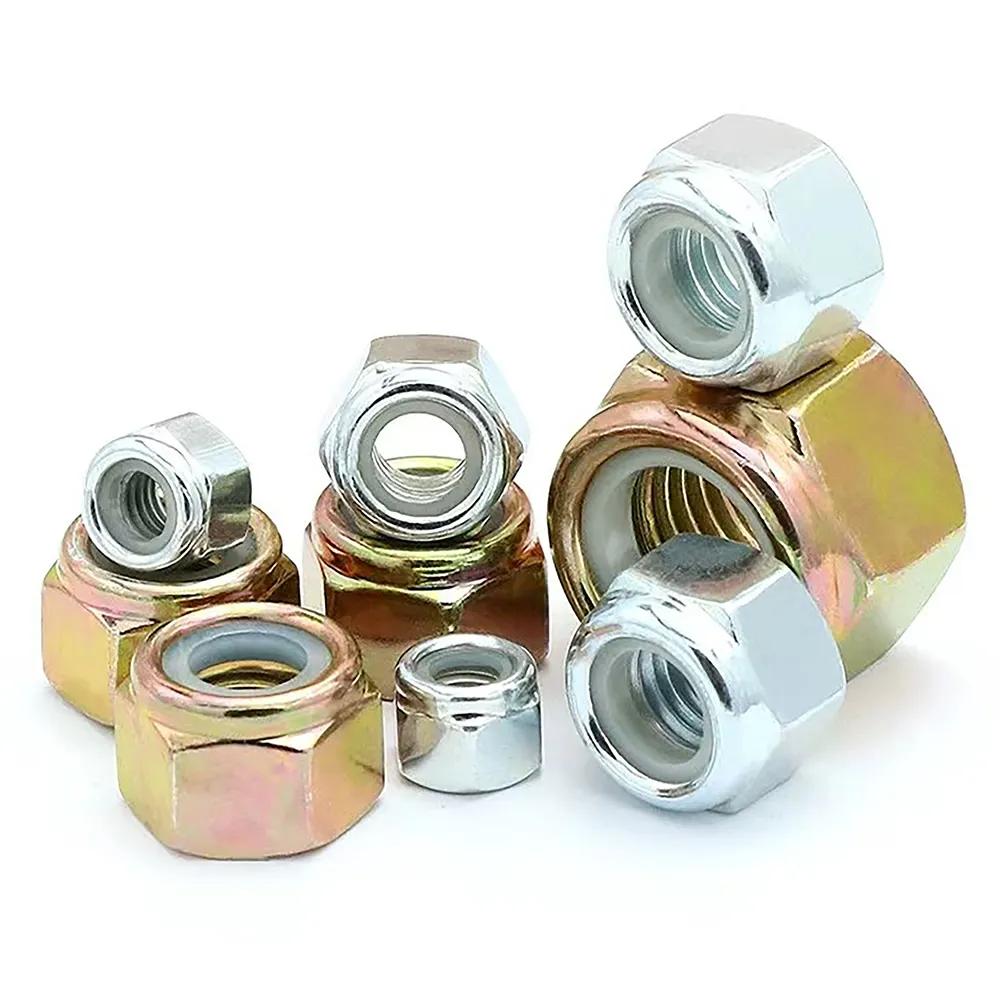
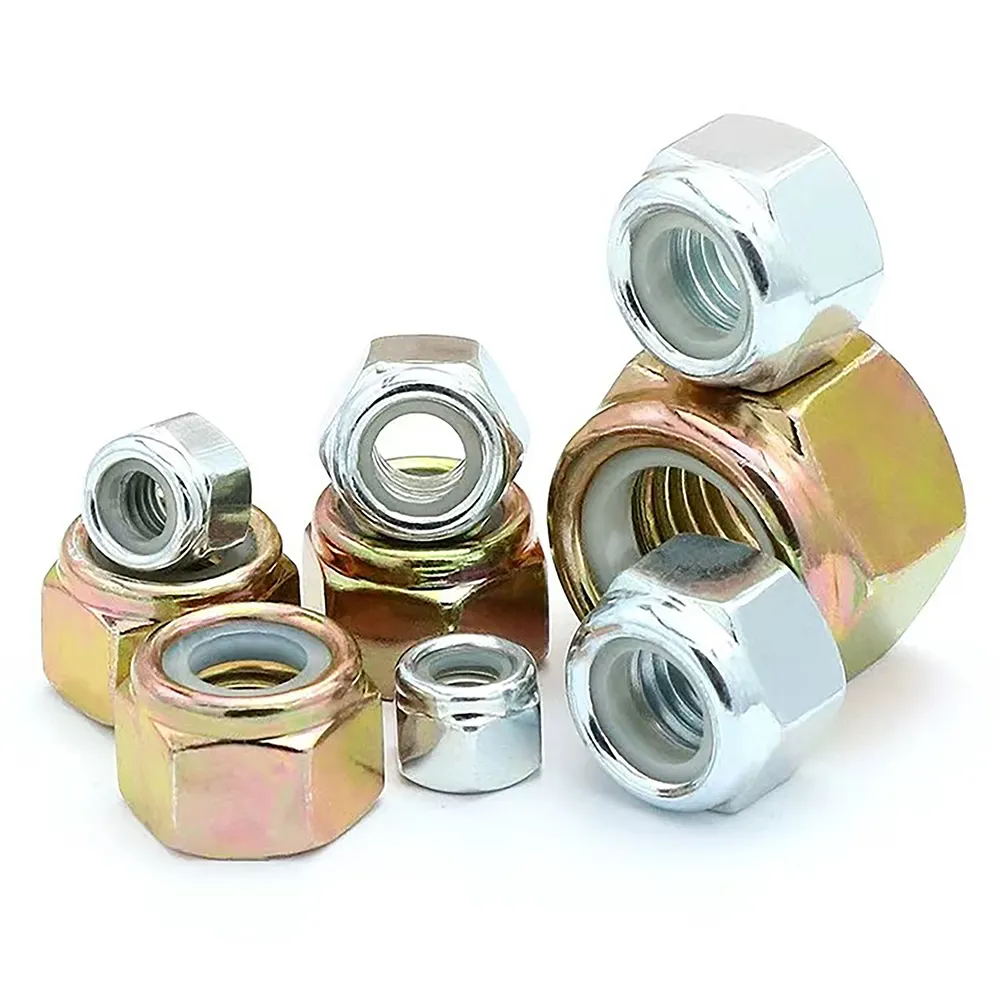
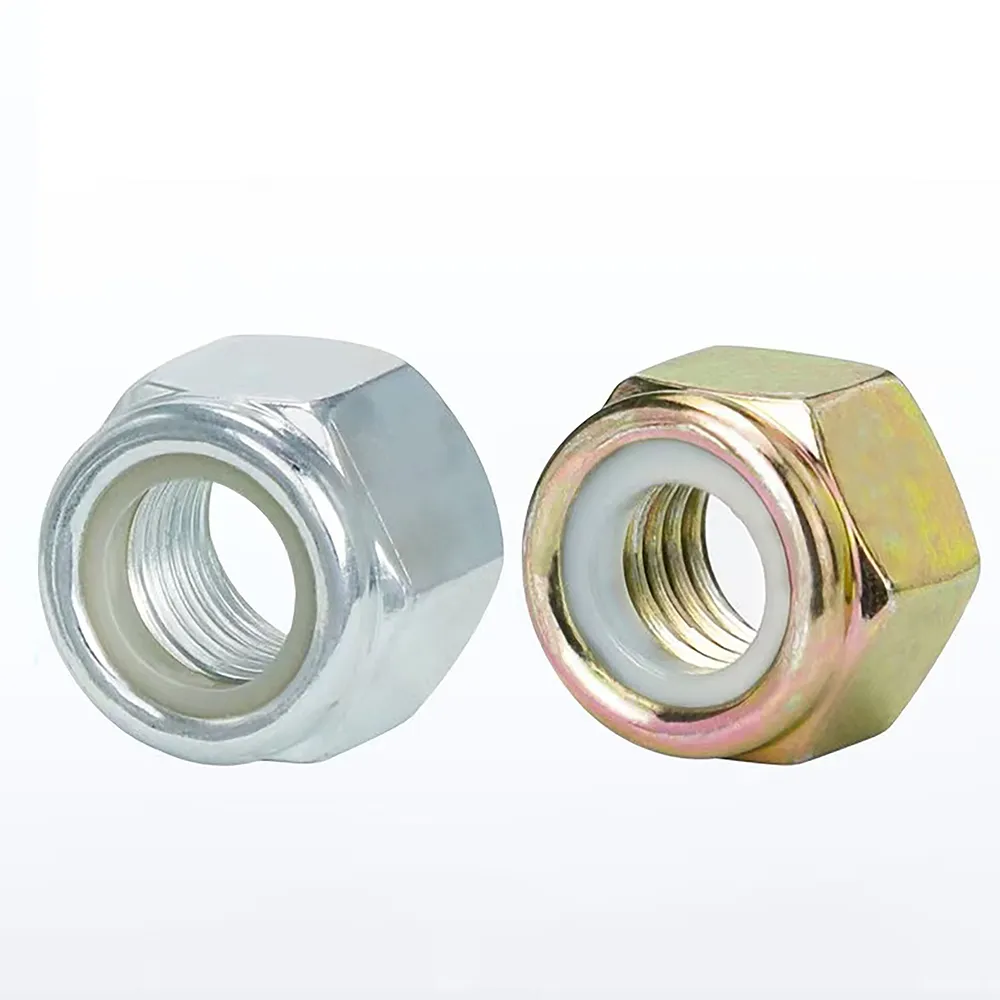
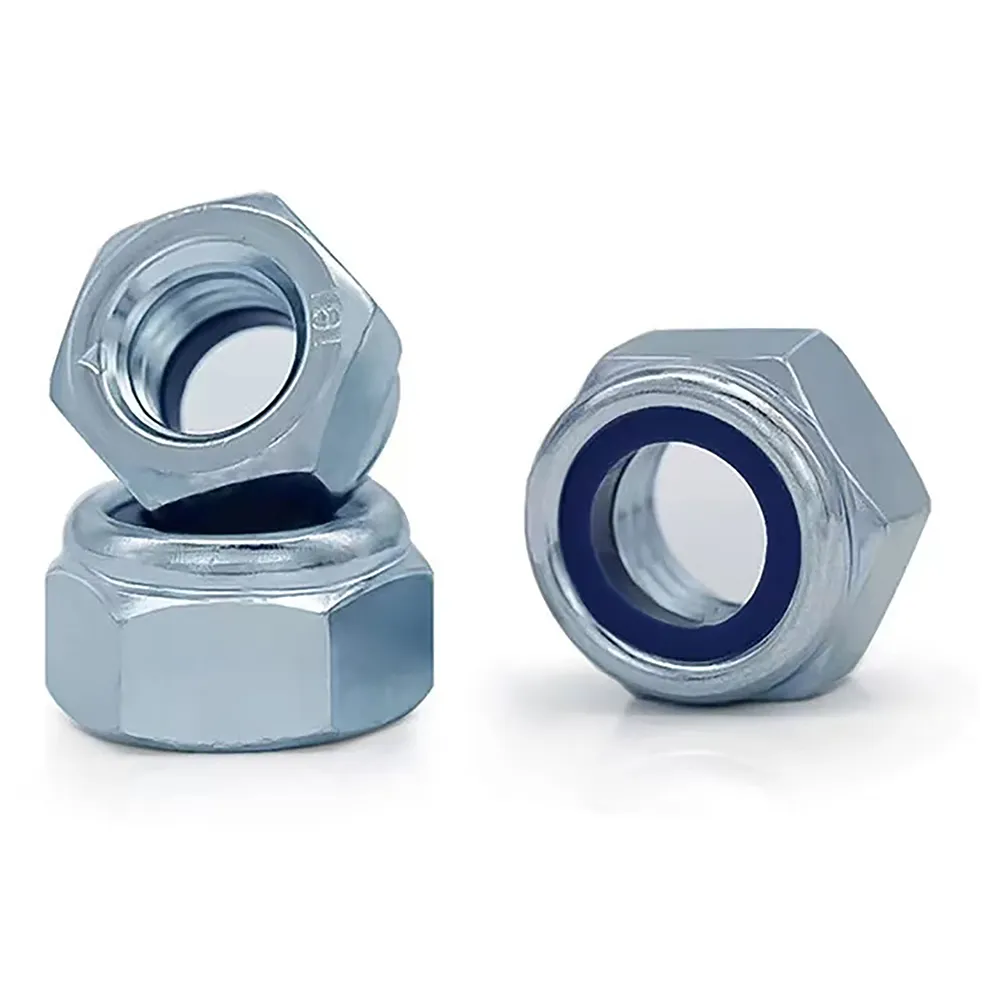
Materials and Specifications
The DIN985 nylon lock nut is available in multiple materials, including carbon steel, stainless steel, and titanium. Common grades include 4.8 for carbon steel and various stainless steel grades. The nuts are manufactured to meet international standards, ensuring compatibility across industries.
Key Specifications:
- Thread Sizes: M3 to M24 and beyond
- Material Grades: 4.8 (carbon steel), stainless steel (various grades), titanium
- Nylon Insert: Provides anti-vibration locking
- Corrosion Resistance: Suitable for marine and harsh environments
Key Applications
The DIN985 nylon lock nut is widely used in industries requiring robust fastening solutions. In the aerospace sector, it ensures the reliability of connections in high-vibration environments. For marine applications, its corrosion resistance makes it ideal for saltwater conditions. In the automotive industry, it is particularly suited for high-performance racing cars, where durability under extreme conditions is critical.
Company Background: Dingzhou Jinlong Metal Production Co., Ltd.
Founded with a commitment to quality and innovation, Dingzhou Jinlong Metal Production Co., Ltd. has established itself as a leading manufacturer of fasteners. With over 20 years of global export experience, the company ensures compliance with international standards and provides reliable after-sales support. Their expertise in customizable specifications and competitive pricing makes them a trusted partner for industries worldwide.
Product Specifications Table
| Parameter | Details |
|---|---|
| Product Name | DIN985 4.8/8.8 Grade Nylon Lock Nut |
| Material | Carbon Steel, Stainless Steel, Titanium |
| Grade | 4.8 (Carbon Steel), Various Stainless Steel Grades |
| Thread Sizes | M3 to M24 and beyond |
| Locking Mechanism | Nylon Insert for Anti-Vibration Locking |
| Applications | Aerospace, Marine, Automotive, High-Performance Racing |
| Export Experience | 20+ Years of Global Export Expertise |
Why Choose DIN985 Nylon Lock Nuts?
The DIN985 nylon lock nut combines durability, precision, and cost-effectiveness. Its nylon insert eliminates the need for additional locking mechanisms, reducing maintenance costs. The nuts are designed to withstand extreme conditions, ensuring long-term performance in demanding environments. With Dingzhou Jinlong Metal Production Co., Ltd.'s commitment to quality, customers can trust in the reliability of these fasteners.
Industry Standards and Compliance
The DIN985 nylon lock nut adheres to international standards, ensuring compatibility and performance across industries. For example, the National Institute of Standards and Technology (NIST) plays a critical role in establishing measurement standards that underpin the reliability of such products. According to NIST, "Precise measurements and standards are essential for ensuring the safety and functionality of industrial components" (NIST, 2025). This alignment with industry benchmarks underscores the product’s quality and dependability.
Conclusion
The DIN985 4.8/8.8 Grade Nylon Lock Nut is a versatile and reliable fastening solution for industries requiring anti-vibration performance. With its durable design, corrosion resistance, and compliance with international standards, it is an ideal choice for aerospace, marine, and automotive applications. Backed by Dingzhou Jinlong Metal Production Co., Ltd.'s expertise and customer-centric services, this product delivers exceptional value and performance.
References
National Institute of Standards and Technology (NIST). (2025). Standards for Industrial Components. Retrieved from https://www.nist.gov/
Related Video






